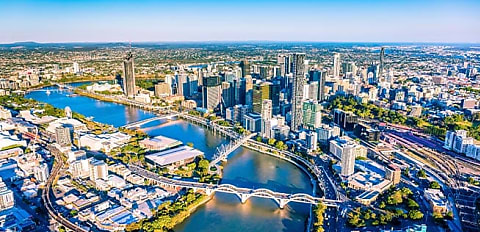Citing the latest lending figures from the Australian Bureau of Statistics, Property Club president Kevin Young has suggested the rental crisis would only worsen in Queensland, with the state recording “the steepest fall in investment lending nationally.”
From March 2022 to February 2023, investor lending fell by 39.3 per cent in Queensland — and by nearly $1 billion.
In March 2022, investor lending in the state was up at $2.31 billion for the month. This year, it was sitting at just $1.4 billion for the month of February.
Nationally, lending has fallen by 32.6 per cent.
Mr Young has blamed the “collapse” in Queensland on excessive taxation and onerous red tape imposed on investors.
Adding to the woes are rising interest rates, which the president said “could not come at a worse time for the local rental market”.
“Higher interest rates are killing the supply of new rental properties in Queensland and throughout Australia,” Mr Young continued.
“As a result of this widening gap between the supply and demand of rental properties in Australia, average weekly rents have surged by nearly 22 per cent in the capital cities over the past 12 months.”
Against this backdrop, migration to Australia is surging. Mr Young pointed out that net overseas migration was 304,000 in the year to last September; the highest in more than a decade.
“Based on official government figures, we can expect another 650,000 new arrivals over the current two years, which was well in excess of the previous two-year high of 577,000 in 2008 and 2009,” he added.
Without action being “immediately” taken to increase rental stock supply, Mr Young concluded that rents may rise by another 20 per cent over the coming 12 months.
But even improved yields won’t bring back investors, he flagged, unless the government proactively encourages private investment in the sector.
He argued that property investors have been leaving the market because of increasing government red tape, “as well as new federal government engineered rules that limit the time frame of interest only loans and the removal of tax depreciation benefits on second-hand properties”.
“The restoration of depreciation benefits associated with buying established properties alone would quickly result in thousands of more affordable second hand properties coming into the rental market,” he suggested.
He also said he hoped the Reserve Bank of Australia would hold the cash rate where it is until it is time to start cutting rates — adding that he hoped that would be “as soon as possible to avoid a rental disaster in Australia.”
[Related: Owner-occupied lending lifted just $4bn in February amid rate hikes]
